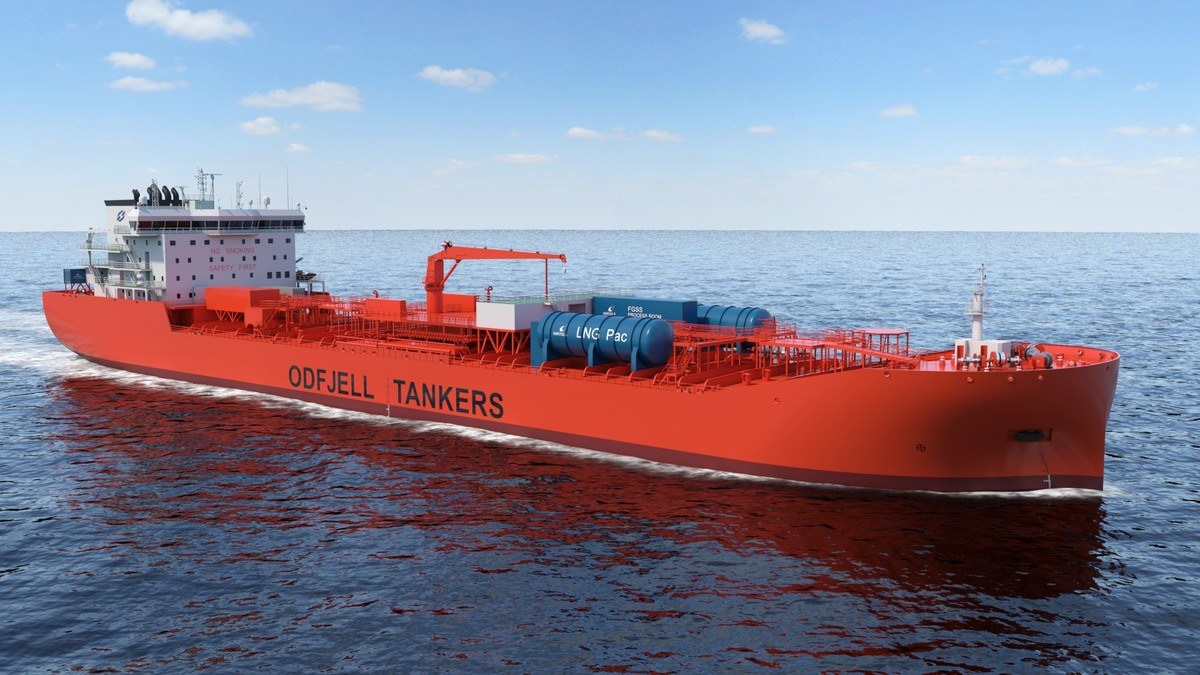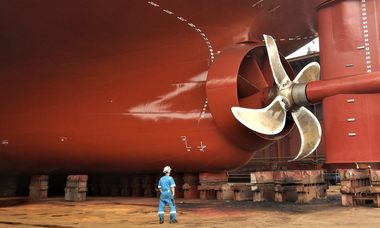The below is an excerpt from an article in Shippingwatch published October 12, 2020. Written by Dag Holmstad.
Price and technological service life. These are the two factors that will determine whether fuel cells used as climate-friendly engine technology will be successful within international shipping and offshore, asserts Odfjell COO Harald Fotland in an interview with ShippingWatch.
"The fuel cell technology is very promising. The key point for commercial use within shipping and offshore will be price, lifetime costs and the engine technology's service life. When we build ships, they typically need to be operational for approximately 25 years" .
Harald Fotland, COO
Odfjell and three partners are currently building an engine based on fuel cells, which could constitute a small revolution within the part of commercial shipping sailing long-distance routes and within the oil and gas industry. The fuel cell solution will be able to utilize various types of fuels and will reduce CO2 emissions between 40-100 percent. Furthermore, the solution's high energy efficiency will allow ships to sail much farther on the same amount of energy compared to today.
"We are determined to reduce the climate footprint of our business and have already achieved CO2 reductions in our own tonnage of 30 percent measured against 2008. If we are to reduce further, it will take new technology. Here, the fuel cell engine is one of the very promising tracks we're currently pursuing," says Fotland.
The Norwegian shipping company has joined forces with Prototech, which supplies the fuel cell technology, engine and equipment supplier Wärtsilä and oil company Lundin Energy Norway.
"There are major perspectives in this project. One is that you reduce emissions significantly. The second is that you can achieve a lower consumption of CO2-emitting fuels in comparison to competitors. The reason for this is the fuel cells' high energy efficiency".
Erik Hjortland, VP Technology
(...)
The plan is to install the fuel cell power unit aboard an Odfjell chemical tanker after 2022. The solution will start as a 1.2 MW auxiliary engine that will help produce electricity aboard the vessel and will thus not be used to propel the vessel. (...)



